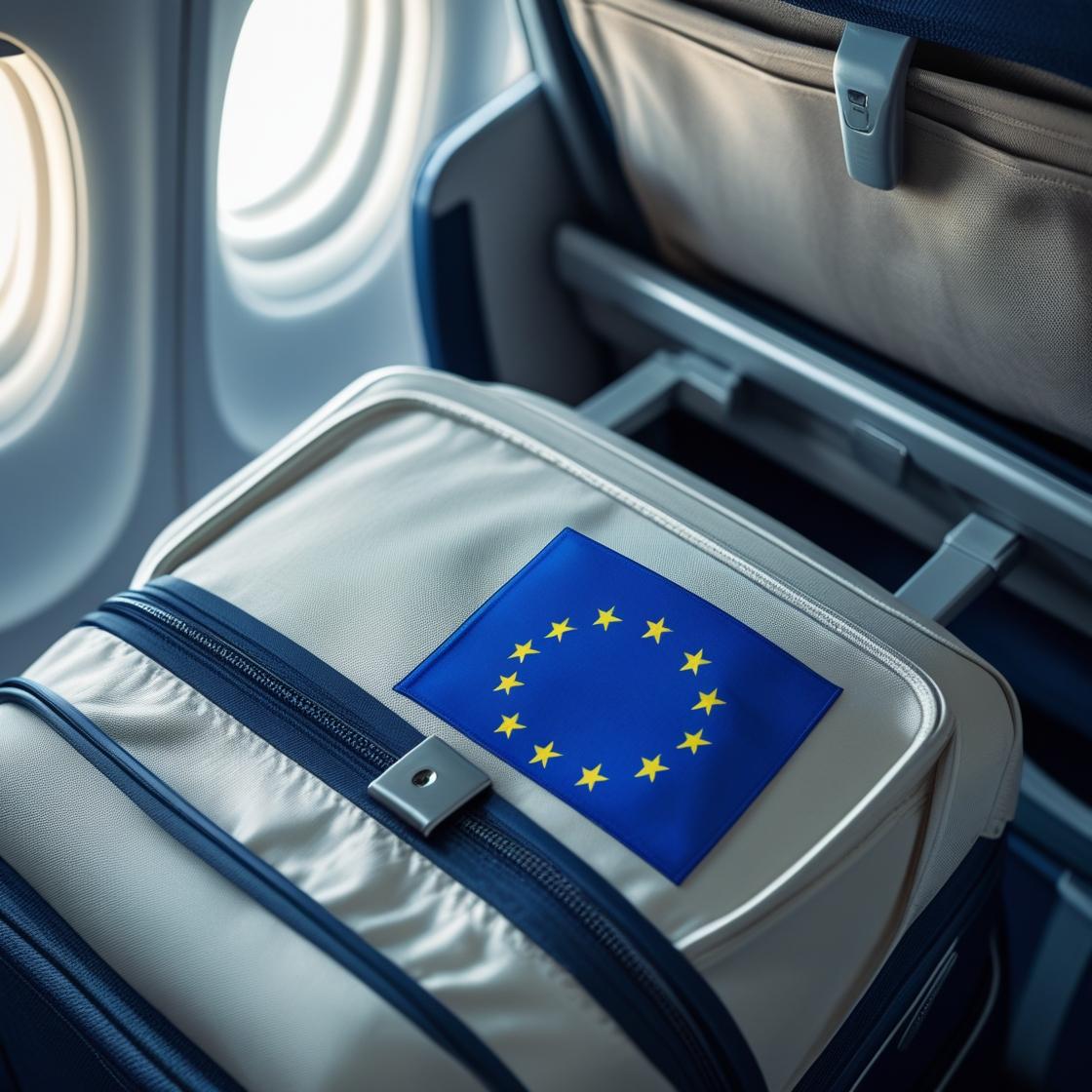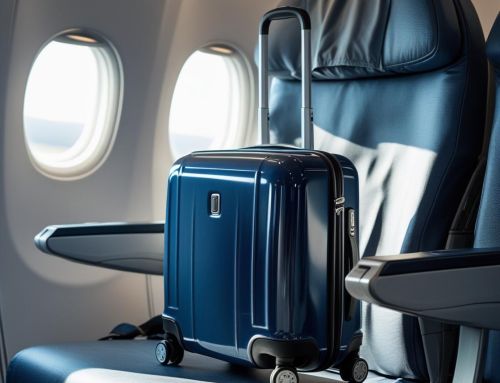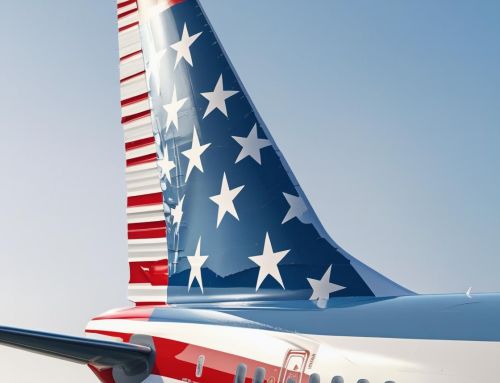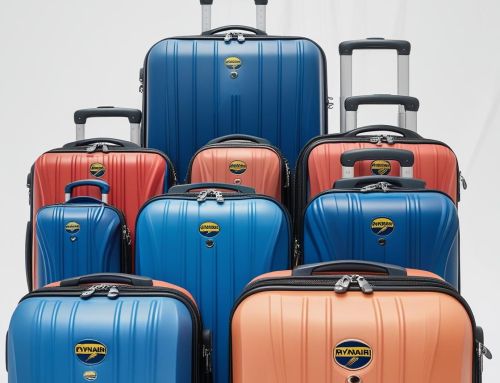In the dispute over whether low-cost airlines should be permitted to charge passengers who wish to bring hand baggage on a flight, activists are urging EU lawmakers to step in.
Last week, European consumer advocacy groups demanded that Brussels look into the pricing practices of seven airlines, including Wizz Air, Ryanair, and easyJet.
Airlines were “exploiting consumers”, said Agustín Reyna, director general of BEUC, an umbrella group for 44 consumer organisations, and were “ignoring the EU top court who ruled that charging for reasonably sized hand baggage is illegal. Haven’t we all experienced the fear of our hand baggage not fitting in the airline’s sizers and being charged extra fees?” he said.
Travellers shrinking hand luggage allowances
Whereas once travellers worried about the weight of suitcases going in the hold, now it is shrinking hand luggage allowances that cause anxiety in airport queues.
In recent years it has become common practice for travellers to face a fee if they want to carry on all but the smallest of bags, with charges varying between airlines.
Passengers with Ryanair, for example, can carry a small bag that fits under the seat for nothing. However, if a gate check reveals it is oversized the fee is €60. A larger cabin bag can be added to a flight booking for €6 to €36 depending on the route but, again, if it is deemed too large it costs £75 to stow.
Budget airlines fined for luggage charges
Spain has become a battleground for the issue. Last year, its Consumer Rights Ministry fined five budget airlines, including Ryanair, a total of €179m for charging passengers for hand luggage and seat reservations. This month, a Spanish judge ordered Ryanair to refund a passenger €147 in hand luggage charges racked up across five flights, including a return trip from Spain to the UK.
In the ruling, Judge Raquel Martínez Marco said “carry-on luggage is an essential element of passenger transportation” and therefore “cannot be subject to a price supplement”. The case was backed by Spanish consumer rights organisation Facua, which has been decrying the “illegal surcharge” since 2018.
Kenton Jarvis, easyJet’s chief executive, suggested passengers were happy to pay for the service they wanted. He said a third of its customers “take no ancillaries, and therefore are happy taking the free [smaller] cabin bag”.
Expecting them to pay for people who want to bring a larger cabin bag “doesn’t feel very consumer friendly”, he said.
Jarvis added that free cabin bags were previously a “big logistical headache” for easyJet because they could not all fit in the overhead lockers. This led to delays and passengers being inconvenienced by having their bag put in the hold. “That’s why it is good to just ask the traveller to pay for what they want,” he said.
Ryanair’s chief executive, Michael O’Leary, said it would not be changing its policies: “The Spanish have a mad minister who’s decided that as General Franco passed some law 30 years before Spain joined the European Union, passengers are free to bring as much baggage as they want,” he said.
“It’s a clear breach of European regulations,” he said. “The European Commission have already told Spain it’s illegal.”
Any attempt to intervene would be in breach of the regulation that guarantees airlines the freedom to set prices and policies free from political interference, O’Leary added.
“In the short term, you have a couple of the consumer agencies in Spain taking decisions at local court level and trumpeting these,” he said. “It’s not going to change. We’re not changing our policy. It will get referred to the European courts; we’ll be appealing those rulings. In reality, there isn’t that demand from passengers.”
Reyna said that given the current review into EU legislation governing air passenger rights there was an opportunity to clarify what services should be included in a basic ticket price. “Our data shows that consumers expect to see a small item and a piece of hand luggage when buying basic tickets,” he said.
“Policymakers should also define hand luggage’s ‘reasonable size and weight’ to avoid surprises at the airport and ultimately reduce the number of disputes costing consumers and airlines time and money.”
Kevin Bodley, a consultant at law firm Steele Raymond, who specialises in aviation law, said the Spanish ruling “had delivered a clear message against hidden airline fees”. While neither the Spanish judgment nor future EU laws are binding in the UK they could still “influence legal reasoning and consumer rights discussions in the UK”, he said.
“The end result suggests the emergence of an increasing level of protection to passengers at the expense of the airlines,” Bodley said. “However, this may well be cancelled out by the need for airlines to increase overall fare levels to cover this at the ultimate expense of travellers.”
Travel smarter with a QR code for your suitcase - Create a free account
QRtrav helps to reduce lost luggage issues for international travellers by offering a free QR code tagging solution for suitcases and personal items.Setting up your free QRtrav profile ID, downloading your QR code, printing and attaching it to your luggage or personal belongings takes no time at all. To get started - Create a free account
Find out more about our company - About our QR code travel service





